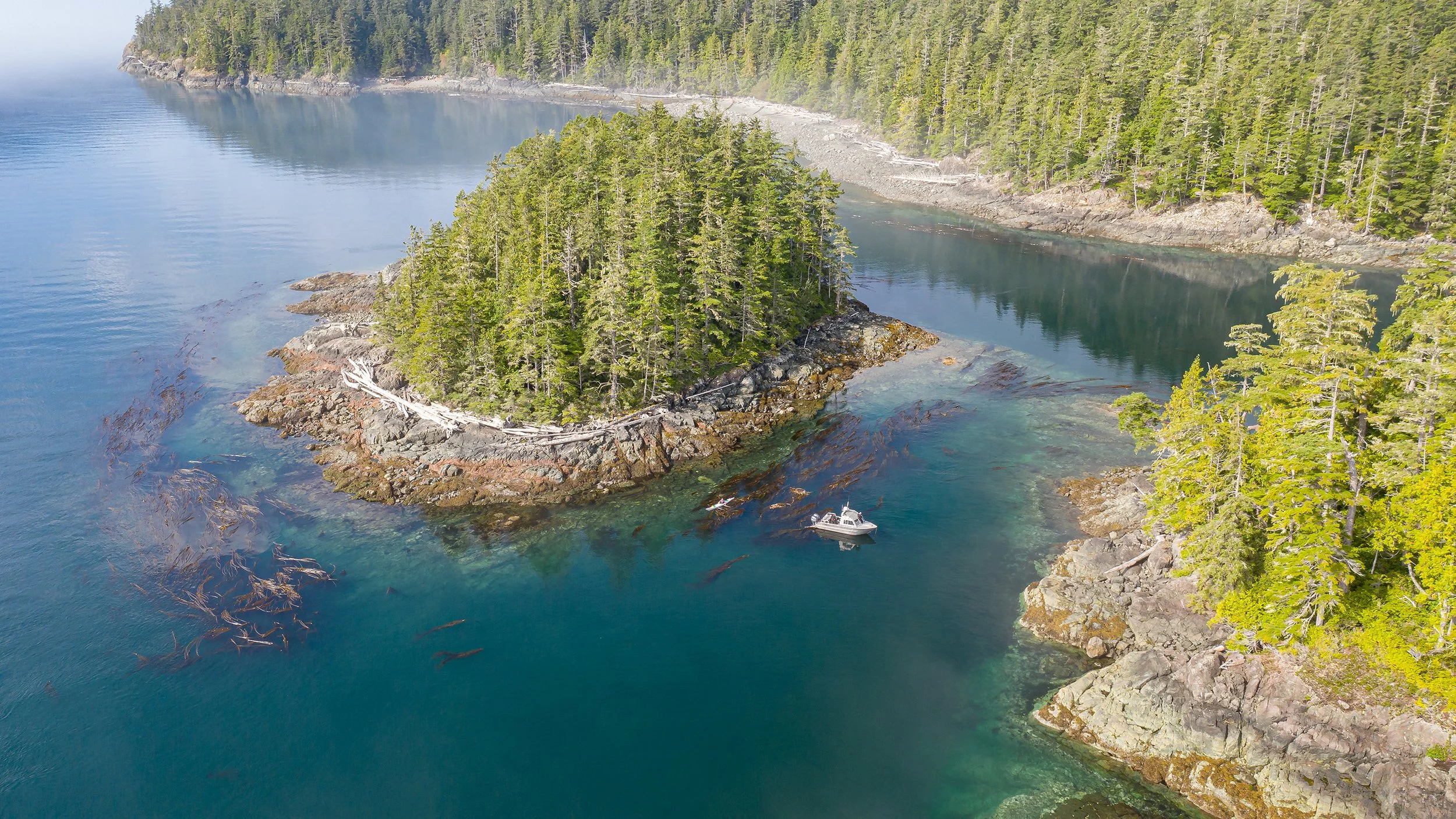The Ocean Relations Collaborative is interested in four research themes.
Social-Ecological Regime Shifts
Human communities and management institutions are profoundly challenged by social-ecological regime shifts, when linked systems of people and other components of nature undergo sudden and substantial changes that are difficult to reverse. The recovery of predators such as sea otters, can generate a cascade of effects that fundamentally alter ecosystem relationships and challenge governance systems with issues of equity, rights, and responsibilities. Coastal Voices is a knowledge mobilization initiative, guided by a Steering Committee of Hereditary Leaders of the nuučaanuɫ (Nuu-chah-nulth), Haíɫzaqv (Heiltsuk), and Xaayda (Haida) since 2013, that weaves ancestral knowledge with archaeological records, ecological surveys, experiments, and simulation models to inform decisions that can restore respectful, resilient, and balanced relationships between people, sea otters, shellfish, and kelp.
Ancestral Mariculture Innovations
Ancient clam gardens, intertidal rock-walled terraces constructed and cared for by people along the Northwest Coast, magnify clam growth and abundance and have nourished communities for at least 4 millennia. Sea gardens like these, such as the naw náaGalang (octopus houses) of Haida Gwaii and loko iʻa (fish ponds) of Hawaii, exist across the Pacific Ocean, from Chile to New Zealand. As members of the Clam Garden Network and Pacific Indigenous Aquaculture Collaborative, we research to support the restoration, revitalization, and future-proofing of these ancestral mariculture innovations.
Kelp Forest Resilience
Among the world’s temperate coastal oceans, warming sea surface temperatures, predator loss, excessive grazing, and swiftly growing epiphytes can drive the collapse of kelp forests. Given the growing national and global interest in kelp fisheries and mariculture fuelling an equitable ‘blue economy’, we need to improve our understanding of the social-ecological factors that confer the resilience of kelp forests to multiple disturbances.
Ocean Climate Solutions
In this era of global change, where extreme climatic events are increasing in severity and frequency, and food webs are becoming increasingly simplified by the loss of key consumers, the need to better understand these interactive effects and create equitable solutions has never been more pressing. We work with coastal communities to understand the effects of warming and acidifying oceans on their local fisheries and design potential methods to future-proof them.




